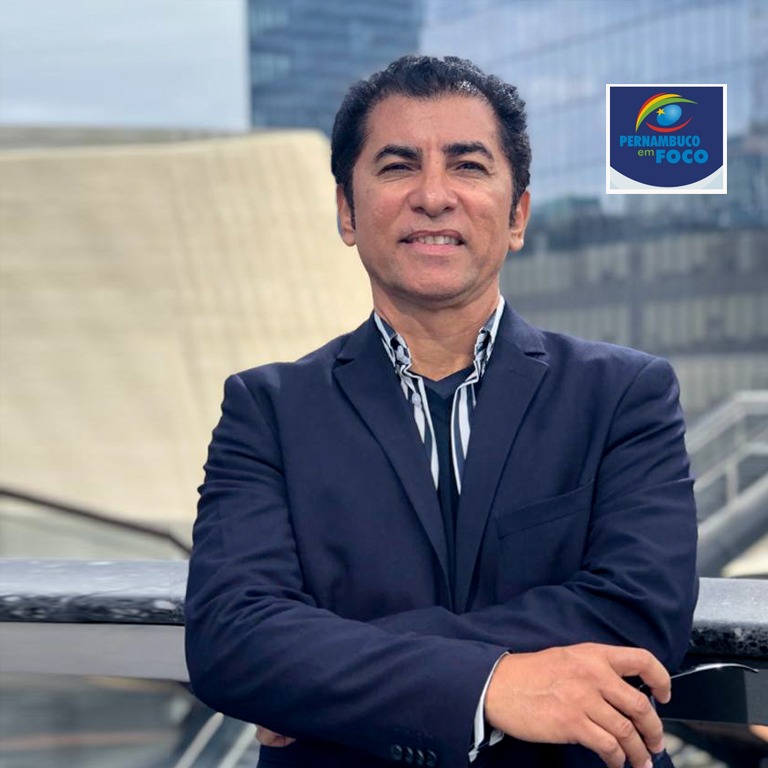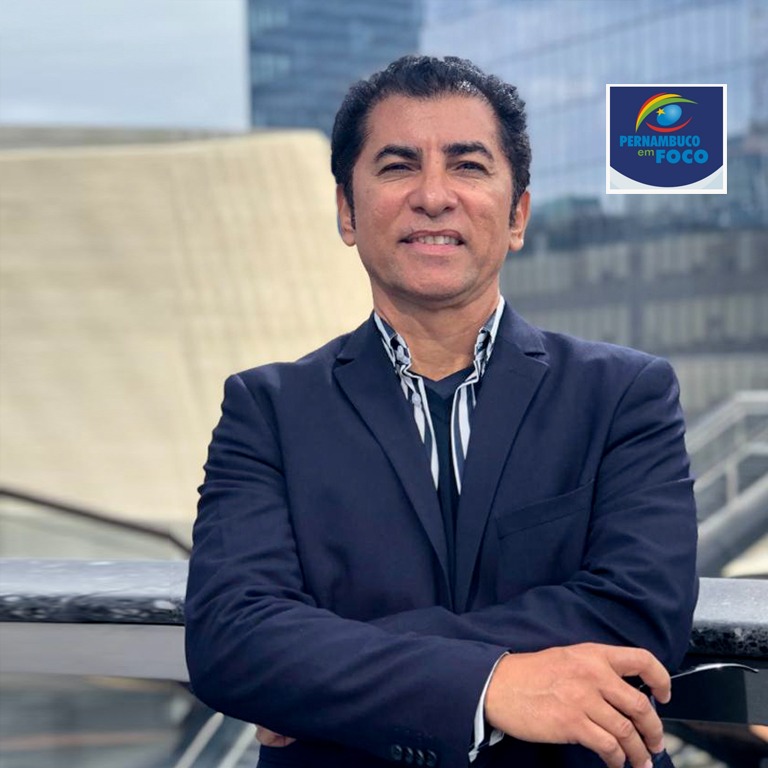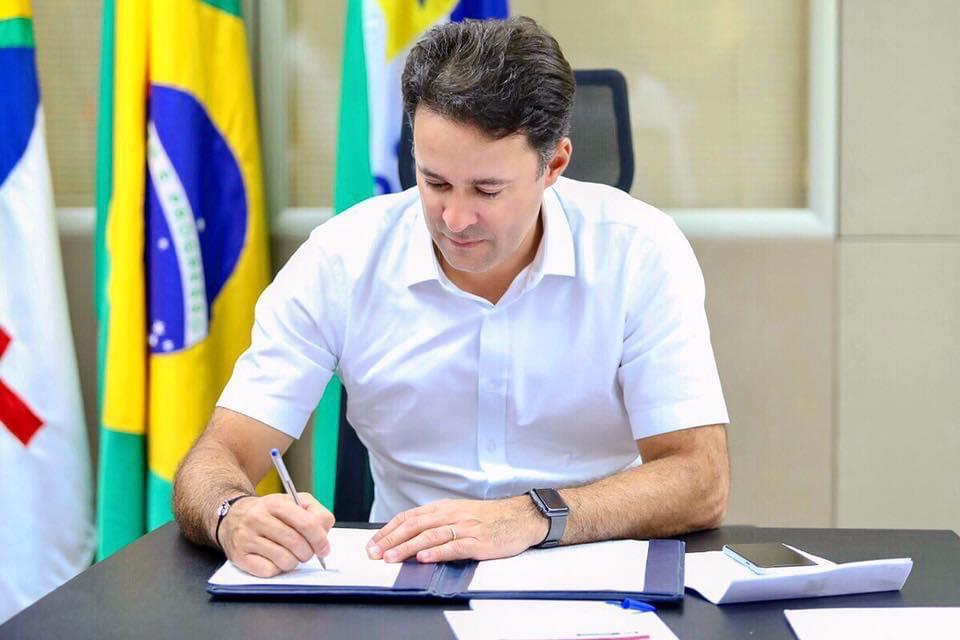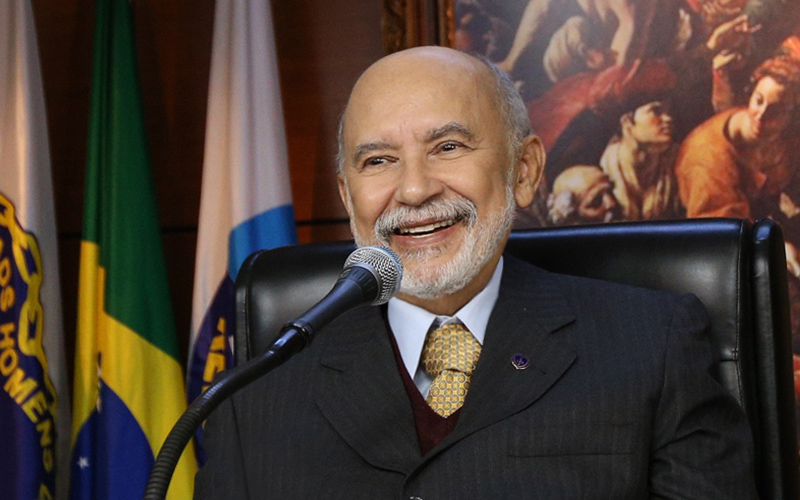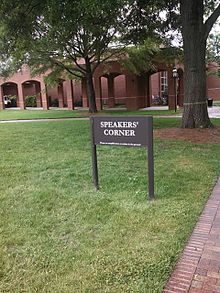
From Brasília, the capital of Brazil.
Substantial representativeness
It is one in which someone literally puts themselves in someone else’s shoes, out of solidarity and empathy.
An example of religious literature well applicable to the case was that of Jesus Christ, dying on the cross on behalf of all sinful humanity. Mother Teresa of Calcutta, Gandhi, etc.
Innumerable other cases of substantial representativeness are recorded in history. At the Brasília Zoo, a Military Police sergeant jumped into the otter pit to save a child and ended up dying in his place.
Such cases occur all over the world and symbolize the ultimate act of someone who sees the suffering and pain of others, to the point of assuming the “speaking place” of the sufferer.
Whoever puts himself in the place of another to talk about his pain and fight for it, certainly does not have the same authority as someone who feels the pain, but he has the most important thing in a human being, empathy and solidarity.
Thus, conceptualizing the speaking place as “the search for recognition of the relevance of a given discourse” seems to me to be superficial reasoning, simply because there are many more issues involved, than mere discourse, in those who take the place of those who suffer. There are feelings full of humanism, empathy, and solidarity of those who care about the welfare of others.
Concentrating the rights and interests of indigenous people, blacks, “gays” and women who suffer machismo, only in members of a certain “ghetto”, is the perfect strategy to avoid the empowerment of each, and every one of those represented. In fact, it is a trap!
What we should do, in my opinion, is to focus on the anthropological concept, because, as a science that is dedicated to the study of the human being, and that looks at its origin, evolution, physical, material and cultural development, physiology, and psychology, above of any division or prejudice, see better the plural collective that we are, as human beings.
Anthropology, given the attention it pays to racial characteristics, social customs, and beliefs, properly focuses on the aesthetic pluralisms of our diversity. That is wonderful!
It should always be remembered that all the aspects that we highlight in the previous two paragraphs are mere by-products of biopsychological existence. Dead, the “Being”, none of these aspects exists, because just as being born for life is a human act, in which the vagina or the test tube do not distinguish color, gender, origin, social or economic class, be it male or female, death, the destiny of all, does not respect such differences either. They are useless.
The speaking place of each person is the defense of life, freedom, social justice of each being, or human group that needs help.
If we fill the largest plane there is, with whites, blacks, indigenous people, “gays”, women and men, and it falls down from the sky, you think that in the fall people will remember their color, origin, economic class, size, beauty, or any other differences?
Certainly, whoever is a creationist will remember their belief, because in this final act that takes place between humans and their god, the crying for help prevails in the face of the intangible and the unknown. This conflict arises from the fear of not having lived with due empathy and solidarity.
Do not passively accept the argument of those who say that only women speak out against machismo; don’t accept the idea that only blacks, “gays,” indigenous people, the poor, or any other person, or group can speak out against their own oppression.
Falling into this trap chains us to the shackles of the ignorant or who, maliciously, want ghettos and their stratification, as a form of domination. Hitler, Mussolini, Josep Stalin, Ku Klux Khan, all are examples of a fierce belief in the “speaking place”, as an exclusive right. Martin Luther King, Mother Teresa of Calcutta, Gandhi, Christ, and many others contrast with the ordinary one because they knew how to understand that life is a mosaic in which aesthetic pluralisms deserve respect.
Representation is important, but it is less than solidarity and empathy that the “Being” must inhabit, that inhabits your “Human” skin. Regardless of your color, creed, social and economic class, gender, or origin, do not remain silent when you see someone being oppressed! The defense of others, this is our speaking place!
This is the end of this series about the “speaking place”. Thank you for following and being willing to reflect. Injustice reigns in the world, but each seed of good that we can sow together, I am sure, no matter how small, has the power to improve our existence a few millimeters. Everyone wins.
Follow me: Insta, Twitter, Linkedin, Facebook: judivan j vieira
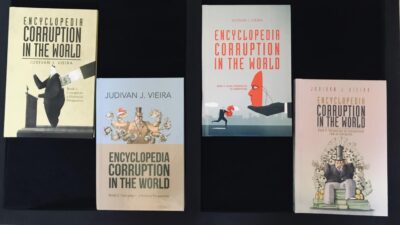
Buy The Encyclopedia Corruption in the World, by:
www.judivanvieirabooks.com

